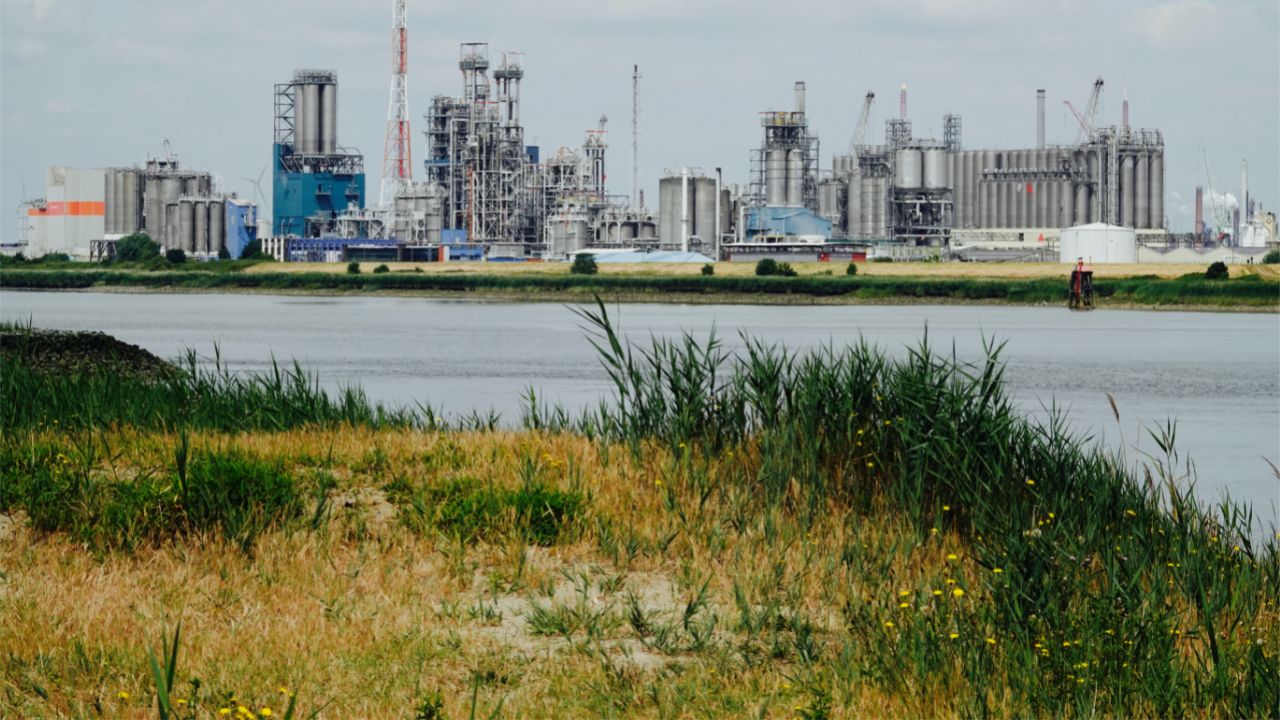Wrocław-based Apeiron Synthesis has clinched a $4.8 million investment for a catalyst for olefin-based chemical reactions it's begun manufacturing based on a process that won a Nobel Prize when it was discovered by French/US scientists.
A leading Polish corporate has already signed up to use the catalyst for olefin-based metathesis. Polish energy giant PKN Orlen has agreed to deploy Apeiron's tech in its petrochemicals division, helping to accelerate intermediary materials output for use in plastics, cars, medicines and gasoline additives.
The $4.8 million fundraise is being backed by PKN Orlen's corporate venturing unit, ORLEN VC. It's led by a Poland/CEE-focused deep tech investor, Aper Ventures, with participation also from the Polish pharma player Adamed, which is investing from a "special fund".
Daniel Obajtek, president of the management board at PKN Orlen, said: "Our response to market issues is to invest in cutting-edge technologies. We established Poland's largest venture capital fund in order to bring genuine value to our core business and increase its competitiveness.
"We see a lot of potential in Apeiron Synthesis' breakthrough technological solutions, which are already competing in a $30 billion market. We are open to new inventive ideas in a variety of business areas that will help us implement our plan and establish a strong, modern firm."
Olefin-based metathesis is said to be an "exceptionally effective" synthesis process that avoids the need for ultra-high temperature and pressure, while also preventing "enormous volumes of waste."
Following the Nobel Prize discovery, a team of Polish researchers mentored by professor Karol Grela have sought to identify a viable catalyst for the technology, working from their organic chemistry lab at the Polish Academy of Sciences.
The results of their research have led to production lines for a catalyst powder, using the rare transition platinum Ruthenium. Apeiron Synthesis says the powder currently costs up to €70,000 to produce.
Researchers found the chemical reduces the number of phases required to deploy metathesis from 20 to 16. Apeiron Synthesis says the technology could reduce production costs by 20% amounting to annual savings of around €20 million for its clients.
The Polish business wants to secure a niche focused on metathesis catalysts in tandem with other producers which already supply the core metathesis chemicals.
Umicore, a global chemicals research company, has activities in this area as does two other chemicals companies: XiMo and China's Zannan Scitech.
Piotr Sławski, managing partner at Aper Ventures, said he was delighted to be joining up with ORLEN VC and Adamed. Sławski added: "We had been following the Apeiron team's activities for years, so we were confident that they were effectively solving a problem that even top players in many key industries were facing - their raw material allows for the production of complex synthetic compounds in an economical and environmentally friendly manner, and demand for the product is growing rapidly worldwide.
"We have several years of involvement in the project ahead of us, along with a strong and experienced group of investors, which we hope will result in one of the most interesting exits in this sector on the Polish market."



Would you like to write the first comment?
Login to post comments